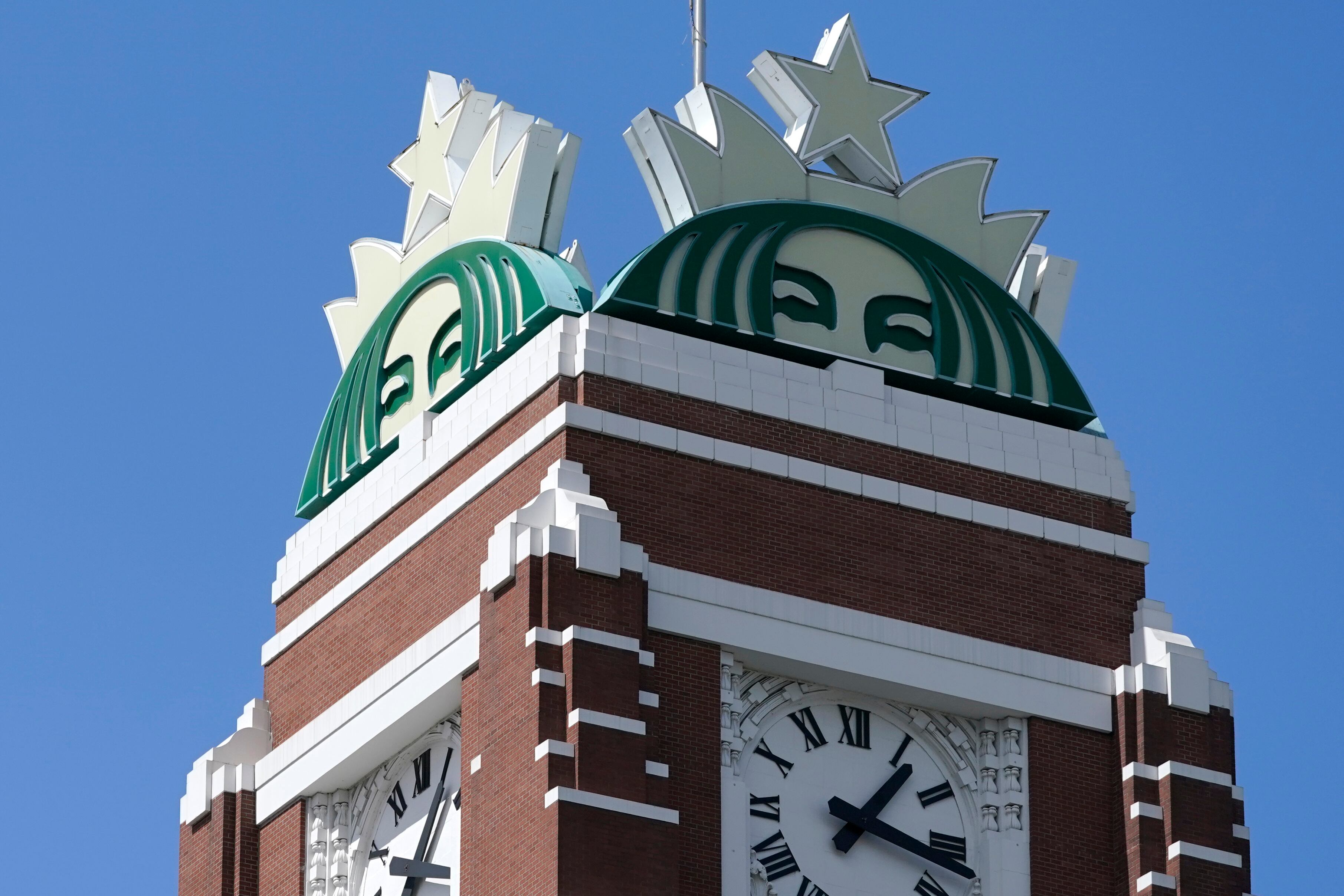By Damian J. Troise and Alex Veiga
Stocks shed early gains and ended broadly lower on Wall Street Thursday after the head of the Federal Reserve said the central bank needs to take more aggressive action to fight high inflation.
In a panel discussion held by the International Monetary Fund, Fed Chair Jerome Powell said the Fed must move faster than it has previously to tackle inflation, which suggests sharp interest rate increases are likely in coming months.
The S&P 500 closed 1.5% lower after having been up 1.2% in the early going. The Dow Jones Industrial Average fell 1% and the Nasdaq slid 2.1%.
The afternoon sell-off left the S&P 500 flat for the week and knocked the Nasdaq into the red. Both indexes came into this week with two consecutive weekly declines.
The benchmark S&P 500 fell 65.79 points to 4,393.66. The Dow dropped 368.03 points to 34,792.76. The Nasdaq slid 278.41 points to 13,174.65.
Smaller company stocks fell more than the broader market. The Russell 2000 gave up 46.72 points, or 2.3%, to 1,991.46.
The broader market has had a choppy week as investors review the latest round of corporate earnings amid lingering concerns about rising inflation and the Fed’s shift away from an ultra-low interest rate policy.
The Fed has already announced a quarter-percentage point rate hike and Wall Street expects a half-percentage rate hike at its next meeting in two weeks. Other central banks have also moved to raise interest rates to try and temper the impact of rising prices on businesses and consumers.
During the panel discussion Thursday, Powell suggested that “there’s something in the idea of front-loading” aggressive rate hikes as the Fed grapples with inflation that has reached a four-decade high.
That suggests a half-point rate increase could be on the table when Fed officials hold their next interest rate and economic policy meetings May 3-4, Powell said. In the past, the Fed has typically raised its benchmark short-term rate by more modest quarter-point increments.
More than 80% of the stocks in the S&P 500 fell Thursday, with technology stocks accounting for a big share of the decline. Pricey valuations for many of the bigger technology companies give them more sway in directing the broader market higher or lower. Microsoft fell 1.9% and chipmaker Nvidia slid 6%.
American Airlines gained 3.8% after telling investors it expects to turn a profit in the second quarter as more people return to travel.
Tesla rose 3.2% after after the maker of electric cars and solar panels reported strong sales and a seven-fold increase in profits despite global supply chain kinks.
Bond yields have been gaining ground as investors prepare for higher interest rates. The yield on the 10-year Treasury rose significantly to 2.92% from 2.84%, hovering near its highest levels since late 2018.
Central bank officials and economists have been warning about slower economic growth as the world moves past the initial surge in activity as the pandemic subsided and persistently rising inflation crimps spending. Concerns about a slowdown have been elevated since Russia invaded Ukraine, prompting a jump in energy and commodity prices that could prolong rising inflation.
The price of U.S. crude oil rose 1.6% on Thursday and is up roughly 40% for the year. That has made gasoline more expensive, which cuts deeper into consumers' wallets. Prices for wheat and corn have also jumped, as Ukraine is a key global producer of both. Those staples are key ingredients in a wide range of food products.
Rising prices on everything from food to clothing and uncertainty over the inflation have been lingering over the economy even as it continues to show more signs of recovery from the virus pandemic. The Labor Department reported Thursday that applications for unemployment benefits inched down last week as the total number of Americans collecting aid fell to its lowest level in more than 50 years.
Updated on April 21, 2022, at 5:37 p.m. ET.













